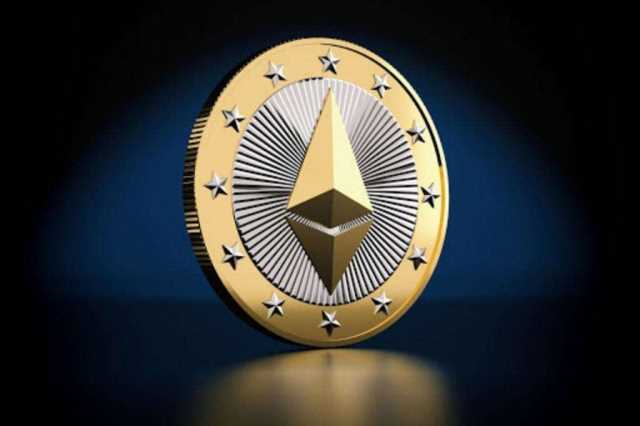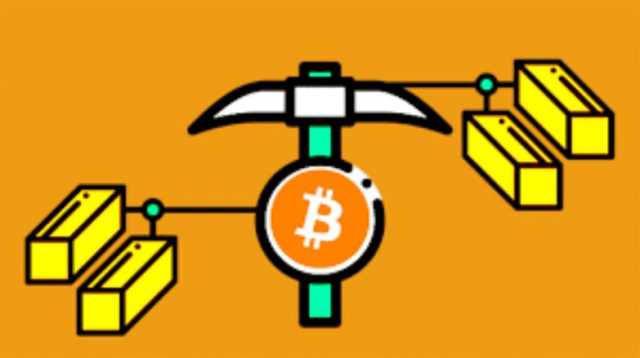
The assets in the pool are sourced from investors, who deposit them in order to earn a yield from transaction fees charged to users of the pool. They include Ethereum, BNB Smart Chain, Avalanche, Cardano, Tezos, Fantom, Cronos, Solana, Tron, and Arbitrum, among others. Any blockchain that supports smart contracts can act as an infrastructure for decentralized trading venues. Exchanges can fill the orders of their users because there are one or more centralized entities in the form of market makers. These are high-volume investors that “create a market,” providing liquidity to a crypto exchange. They are usually on the other end of a trade, ready to buy or sell a crypto asset.
What does DEX mean in?
As an aggregator, our platform always finds the best routes for your trades based on your requirements and guarantees to give you the best market rates. By removing the need for a trusted third party to hold user funds or execute trades, DEXs reduce counterparty risk. The third most widely spread category – DEX aggregators – are platforms that allow users to access multiple DEX s from a single interface. https://www.tokenexus.com/ This makes it easier for users to compare prices and find the best deals. For instance, if a trader wishes to swap between two assets, they will pay a fee which is a percentage of the value of the trade, say 0.5%. Then proceed through this brief example of how to start using Uniswap, an exchange we mentioned earlier, which has one of the deepest liquidity across a wide range of liquidity pools.
What’s the Price Outlook for OSMO?

But in this article, we’re primarily interested in a platform that emulates the functions of centralized exchanges. No one takes custody of your funds, and you don’t need to trust the exchange to the extent that you do with centralized offerings, if at all. Fully on-chain order book DEXs have been historically less common in DeFi, as they require every interaction within the order book to be posted on the blockchain. This requires either far higher throughput than most current blockchains can handle or significant compromises in network security and decentralization. As such, early examples of order book DEXs on Ethereum had low liquidity and suboptimal user experience.
Types of Decentralized Exchanges
Many DEXs do not require KYC/AML checks, allowing for anonymous and private trading. On-chain DEXs require high throughput and low execution cost, so building one is only possible in networks with high bandwidth and low commissions. Get crypto What is DEX market analysis and curated news delivered right to your inbox every week. Buying crypto on a DEX is a fast process because no signup is required. Once you connect your wallet to Uniswap, you will be able to see a swap window, as shown below.
- Instead, it uses several blockchain features like smart contracts and AMM algorithms to enable the trade of crypto assets directly.
- If interested in an aggregate DEX, 1Inch is widely used to find users the best deals on their token transactions.
- In an on-chain order book, every transaction is written onto a blockchain.
- At the heart of the operation are the order book and exchange entity, making the model centralized.
How Does a DEX Work?
The two most common types are order book DEXs and automated market makers (AMMs). DEX aggregators, which parse through multiple DEXs on-chain to find the best price or lowest gas cost for the user’s desired transaction, are also a widely used category. DEX stands for “decentralized exchange.” It is a type of crypto exchange that operates on a decentralized platform, allowing users to trade directly with each other without the need for a central intermediary. They are not controlled by a single entity and do not hold users’ funds in a central location, reducing the risk of hacks, thefts, and insider fraud.
- There’s no real way to make sure miners or relayers on a decentralized exchange can’t jump in line for orders.
- Known as front-running, this practice undermines the fairness of the exchange.
- A DEX also has several benefits but these are typically more attractive to experienced crypto users who value decentralization over ease of use.
- If you’re looking to invest in an extensive range of new projects with low market caps, a DEX is also your best bet.
Peer-to-Peer DEX


